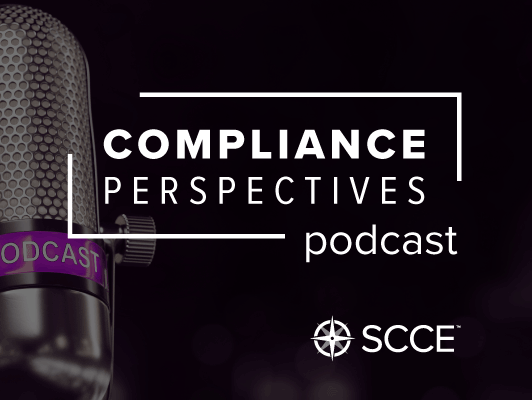Podcast: Play in new window | Download (Duration: 9:42 — 9.0MB)
Subscribe: Apple Podcasts | Email | TuneIn | RSS
For decades, if not centuries, the idea of being professional tended to focus on a cold, cognitive approach to work. Emotions were supposed to be secondary to a much more rationale form of management and work environments.
In this podcast, Gael O’Brien, executive coach and columnist for Business Ethics Magazine and The Week in Ethics, shares the research of the late Wharton School Professor Sigal Barsade, who examined the impact of emotions in the workplace.
Her work focused on how leaders can get culture right. Emotions, in particular compassion, were found to be very important.
She also found that employees who feel loved at work perform better. Kindness, caring and feeling connected have a strong impact on employee satisfaction and retention. In fact, she found that employees are 10.4 times more likely to leave because of a toxic culture than they are to depart because of compensation.
To create the right environment she is an advocate for an “emotional culture”, which she defines as the emotions necessary for a group to meet its goals. This culture, Barsade found, is transmitted through subtle signals such as facial expression and body language, especially of leaders. That’s a challenge in these Zoom times when traditional queues may be missing.
To get the right culture she advocates several steps including:
- Executives verbalizing, modeling and rewarding the emotions they want to cultivate
- Mangers communicating that information to front-line employees
- Surveys and interviews that ask employees what emotions they see in colleagues around them
It’s both an intuitive and counterintuitive approach.
To learn more about Professor Barsade’s work, read some of her articles in Harvard Business Review (article 1 and article 2). You can also see the video of a talk she gave.
And of course, click above to listen to our podcast with Gael O’Brien.


